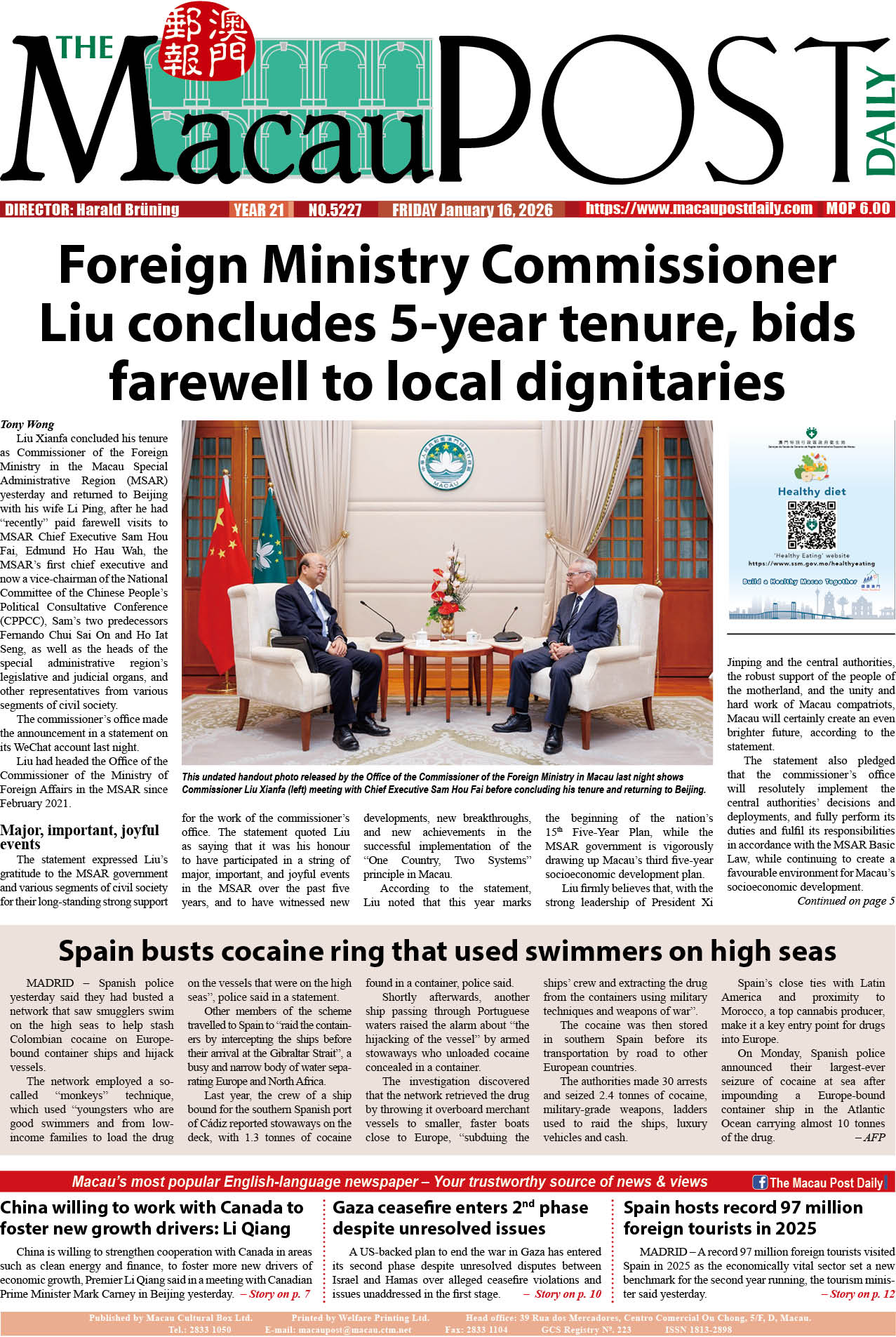Commentary
MONTREAL, Canada – After nearly two weeks of negotiation, the Kunming-Montreal Global Biodiversity Framework was adopted on Monday at the 15th meeting of the Conference of the Parties to the UN Convention on Biological Diversity (COP15).
While the deal injects strong impetus into global efforts to protect life and ecosystem on Earth, it is just the beginning of a long bumpy journey. Only by acting quickly and collectively to honor these commitments will humanity be able to reverse the trend of environmental devastation.
The framework sets goals and targets for achievement by 2030. In particular, it calls for raising international financial flows from developed countries to developing ones to at least US$20 billion per year by 2025, and to at least 30 billion dollars per year by 2030.
It also calls for having restoration completed or underway on at least 30 percent of degraded terrestrial, inland waters, and coastal and marine ecosystems.
Now that the deal is done, governments, private sectors and communities need to figure out how they can help turn these commitments into reality.
In particular, developed countries must ensure the delivery of financial and technical support for developing countries, home to some of the world’s most outstanding biodiversity.
Every effort should be made to avoid a repeat of failure with regards to the Aichi Biodiversity Targets, which expired in 2020 and had not been fulfilled before the deadline. Only when all parties participate in this joint global action and shoulder their due share of responsibilities can the new deal get the world back on track for recovery.
As chair of COP15, China’s leading role has been widely lauded during this process.
As one of the countries with the richest biological resources in the world, China has put biodiversity protection high on its agenda and matched its words with deeds.
Official data showed that China has effectively protected 90 percent of terrestrial ecosystem types and 74 percent of key state-protected wildlife populations. And the wild populations of over 300 rare and endangered species have been well restored.
China has not only made significant progress at home, but has also taken an active role in the global biodiversity protection drive, consulting with numerous parties to secure the landmark framework in Montreal.
In October 2021, during the phase-one meeting in Kunming, capital of Yunnan province, China announced the decision to invest 1.5 billion yuan to establish the Kunming Biodiversity Fund to support biodiversity protection in developing countries.
Inger Andersen, executive director of the United Nations Environment Programme, hailed China’s efforts as “phenomenal.”
“I will thank China for its leadership. I think that has been something quite remarkable in complex times,” she said. “And we have seen China being very steadfast in this regard.”
Now with a global framework at hand, the world must stand in solidarity and rush to the rescue of the ever deteriorating biodiversity loss caused by reckless human activities.
As a sound ecosystem is essential for the prosperity of civilization, it is imperative to promote harmonious co-existence between man and nature, and build a community of all life on Earth. – Xinhua







